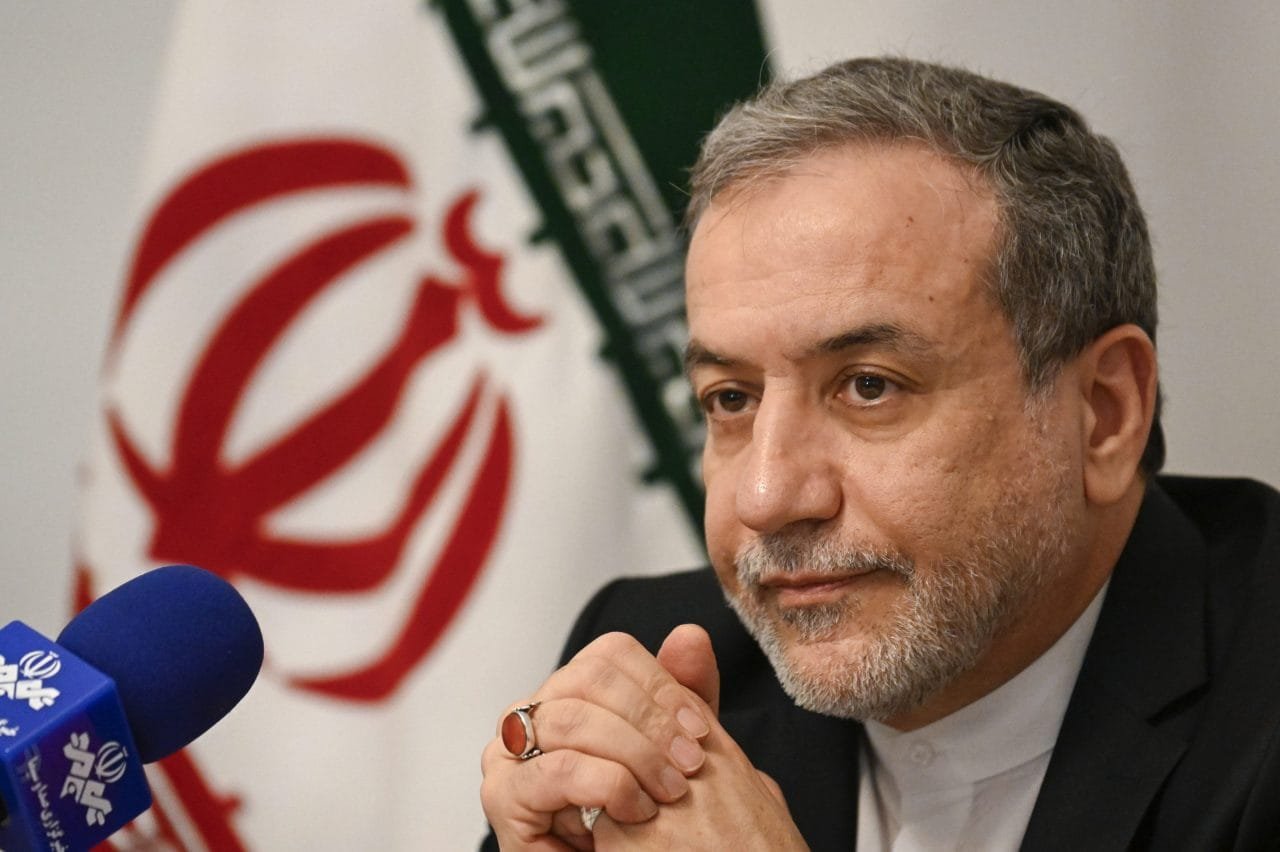Iranian Foreign Minister Abbas Araghchi declared on Sunday that the recently negotiated “Cairo Agreement” with the International Atomic Energy Agency (IAEA) is no longer valid or sufficient, citing the activation of the snapback mechanism and changes in the diplomatic environment. Speaking after meeting ambassadors and heads of missions in Tehran, Araghchi said past cooperation frameworks with the IAEA cannot survive the reimposition of sanctions and the hostile posture adopted by Western powers.
Araghchi noted that Iran had previously signed the Cairo agreement to restore technical cooperation with the IAEA under new security constraints, particularly following attacks on its nuclear facilities, but that that agreement no longer “serves as the basis” for future engagement in light of altered legal and political conditions. He accused Western states—especially the three European signatories of the 2015 nuclear deal—of undermining diplomacy by invoking snapback sanctions, saying their role in future negotiations has been greatly diminished.
Araghchi emphasized that Tehran remains open to diplomacy, but insisted that the terms, participants and modalities will change. He said that past threats of military strikes and snapback pressures had only complicated the process, and that future talks must be based on respect for Iran’s rights and security concerns.
The announcement signals a deeper rift between Iran and the IAEA framework, and foreshadows a tougher negotiation posture by Tehran. Observers see the move as raising the stakes in the standoff over Iran’s nuclear program: by declaring the Cairo deal void, Iran positions itself to reject or renegotiate prior commitments under stricter conditions.





